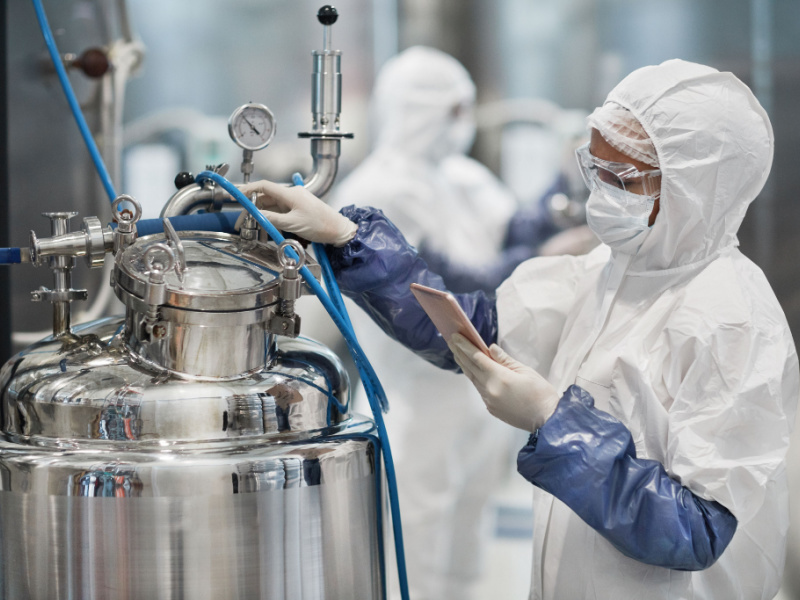Chemical reactions are the fundamental processes that drive the world of chemistry. From the synthesis of new compounds to the transformation of matter, these reactions play a crucial role in various industries and everyday life. In this blog post, we will delve into the realm of chemistry and explore five common chemical reactions that shape our world.
- Combustion Reaction:
Combustion reactions involve the rapid oxidation of a substance, typically with the release of heat and light. The most familiar example is the combustion of hydrocarbons, such as gasoline, in the presence of oxygen. This reaction is essential for powering our vehicles, generating heat, and producing electricity. Understanding the intricacies of combustion reactions is crucial for optimizing fuel efficiency and reducing environmental impact. - Acid-Base Neutralization:
Acid-base neutralization reactions occur when an acid reacts with a base to form a salt and water. This reaction is the basis for various everyday processes, such as antacid tablets neutralizing excess stomach acid or the use of baking soda to neutralize acidic spills. In industries, acid-base reactions are employed in wastewater treatment, pharmaceutical manufacturing, and chemical synthesis. - Oxidation-Reduction (Redox) Reaction:
Redox reactions involve the transfer of electrons between species. They are vital in many biological processes, such as cellular respiration and photosynthesis. Additionally, redox reactions are utilized in electrochemical cells, batteries, and corrosion prevention. Understanding the principles of redox reactions is crucial for developing sustainable energy solutions and designing efficient chemical processes. - Precipitation Reaction:
Precipitation reactions occur when two aqueous solutions react to form an insoluble solid, known as a precipitate. This reaction is commonly used in analytical chemistry to identify and separate different ions in a solution. Precipitation reactions also play a significant role in wastewater treatment, where they help remove contaminants from water sources. - Esterification Reaction:
Esterification reactions involve the formation of esters by the reaction between an alcohol and an organic acid. These reactions are widely used in the production of fragrances, flavors, and pharmaceuticals. Understanding the mechanisms and conditions for esterification reactions is crucial for developing new products and optimizing production processes.
Conclusion:
Chemical reactions are the building blocks of our modern world. By understanding the intricacies of common chemical reactions like combustion, acid-base neutralization, redox reactions, precipitation reactions, and esterification, we can unlock new possibilities in various industries. Whether it's developing sustainable energy solutions, improving manufacturing processes, or creating innovative products, the knowledge of these reactions empowers us to shape a better future.


Average Rating